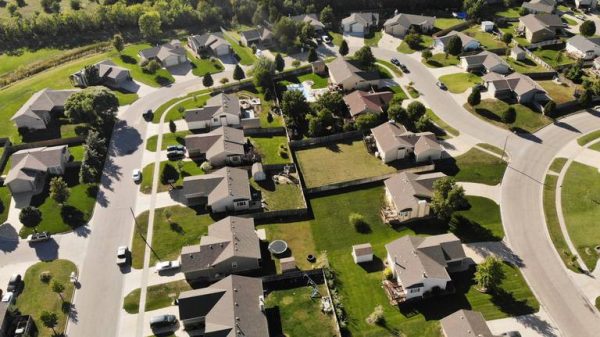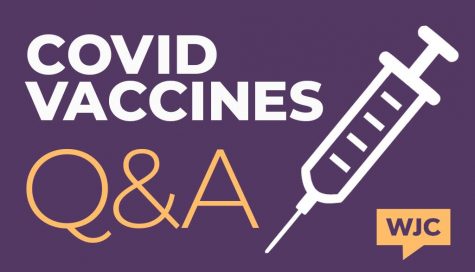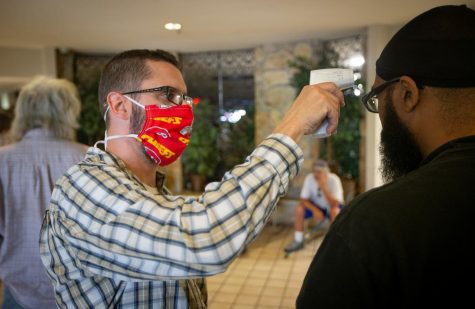Kelly: Media niches — the real problem with political coverage
For the entirety of his presidential campaign, Donald Trump accused the media of corruption, conspiracy, and a liberal agenda. They said Hillary Clinton would win. He said the polls were wrong. On November 8th, he was vindicated.
Donald J. Trump will be the next President of the United States.
For those still grappling with that reality, there will be time to process the anger, confusion, and fear that lingers, but now is a time to seek perspective and to answer the tough questions.
What made the media so simultaneously confident in and wrong about the election?
It’s entirely too simplistic to say it was all wishful thinking on the part of pundits. Hard-working reporters and statisticians have dedicated the last year and a half of their lives to reporting the news and seeking meaning in voter trends. No one putting in that much time and effort aspires to being wrong. There is no conspiracy, only a perfect storm.
From its infancy, Trump’s campaign bred headlines. The millions of dollars in free advertising he received from mass media went a long way to legitimizing his candidacy, and his brash and unabashed mannerisms generated far more sensational stories than Hillary Clinton or any of the Republican primary candidates could have ever dreamed of.
There was no historical precedent for Trump’s White House bid, and perhaps that nuance is what has helped to highlight the problems with the institution of news in our country.
There was a time in journalism and day-to-day life when fact was fact. There was a time when Walter Cronkite was the most trusted man in America. We now live in a time when “post-truth” is Oxford dictionary’s word of the year.
The media is an easy scapegoat, but the fault is not only with those who report news but with those who consume it.
Our world is full of media niches — individuals isolating themselves in pockets of news and social media where they are never challenged to question their preconceived notions. Surrounding oneself with only likeminded viewpoints perpetuates partisanism in our country and threatens to tear it apart when even the most objective truths become nothing more than editorialized opinions.
Truth rarely prevails over emotions, and objectivity is irrelevant the moment news and entertainment become intertwined. This culture likens politics to sports, turning concerned citizens into blindly loyal, partisan fan bases. Unfortunately, more is at stake in politics than bragging rights.
We can place blame all we want, but the only constructive thing to do is reevaluate and work towards a better future.
The solution is two-fold. Journalists need to step back and examine their work before launching it into the world of the media. Does this story contain pertinent information? Is my angle innately bias?
The harder part of the readjustment, however, will fall to the people. Amidst the anger and partisanship, we must open dialogue with those we disagree with. Misunderstanding is the heart of conflict, and in this time of raw emotion, we must strive to better understand those around us.
The 2016 campaign was long, nasty, and divisive. The only way to start the healing process is to accept our differences and empathize with each other. With dedication, our nation can come back stronger and more unified than ever. Only with better understanding can we avoid another presidential blindside.

Matthew Kelly is a former editor-in-chief and managing editor for The Sunflower. Kelly graduated in 2020 with a bachelor’s degree in political science...















